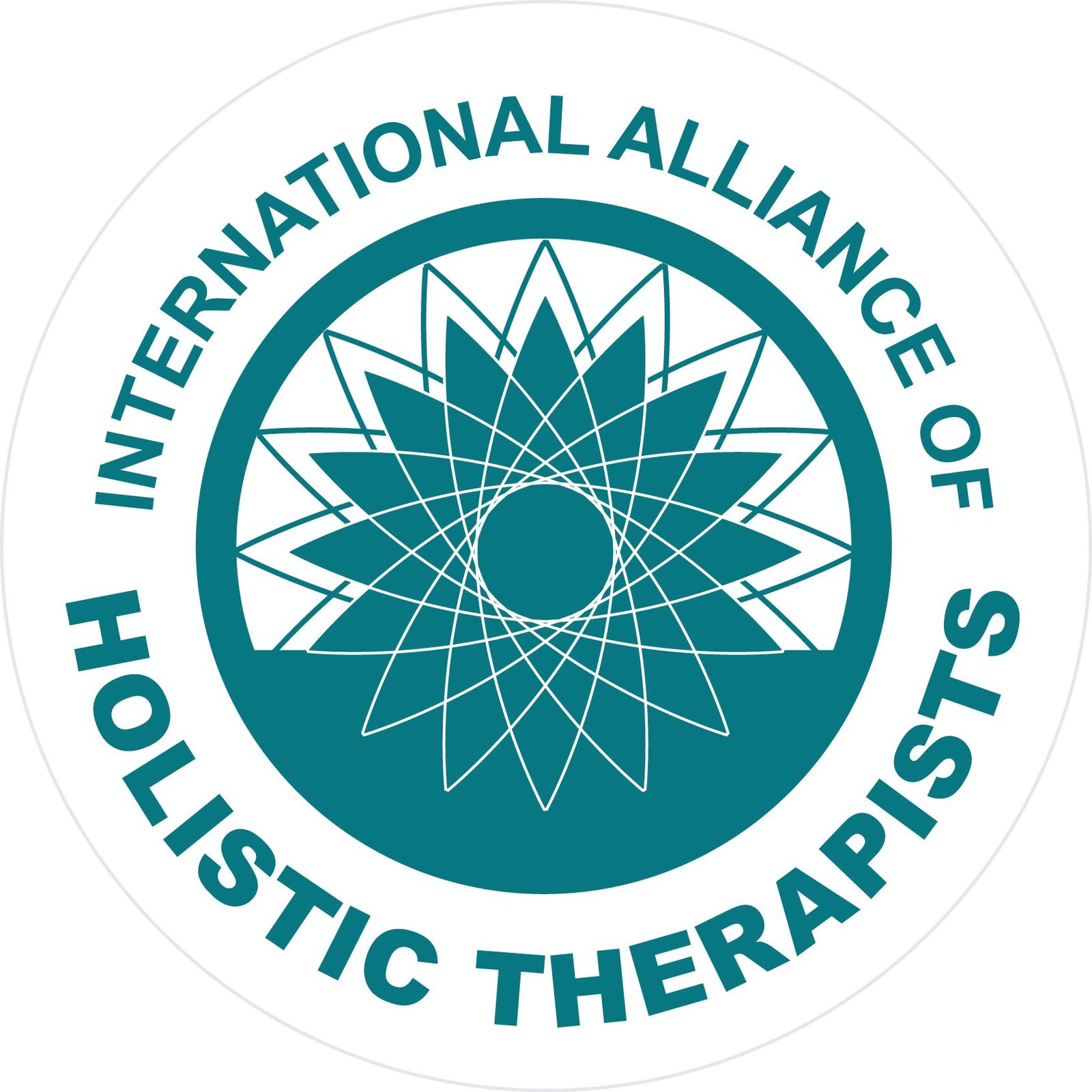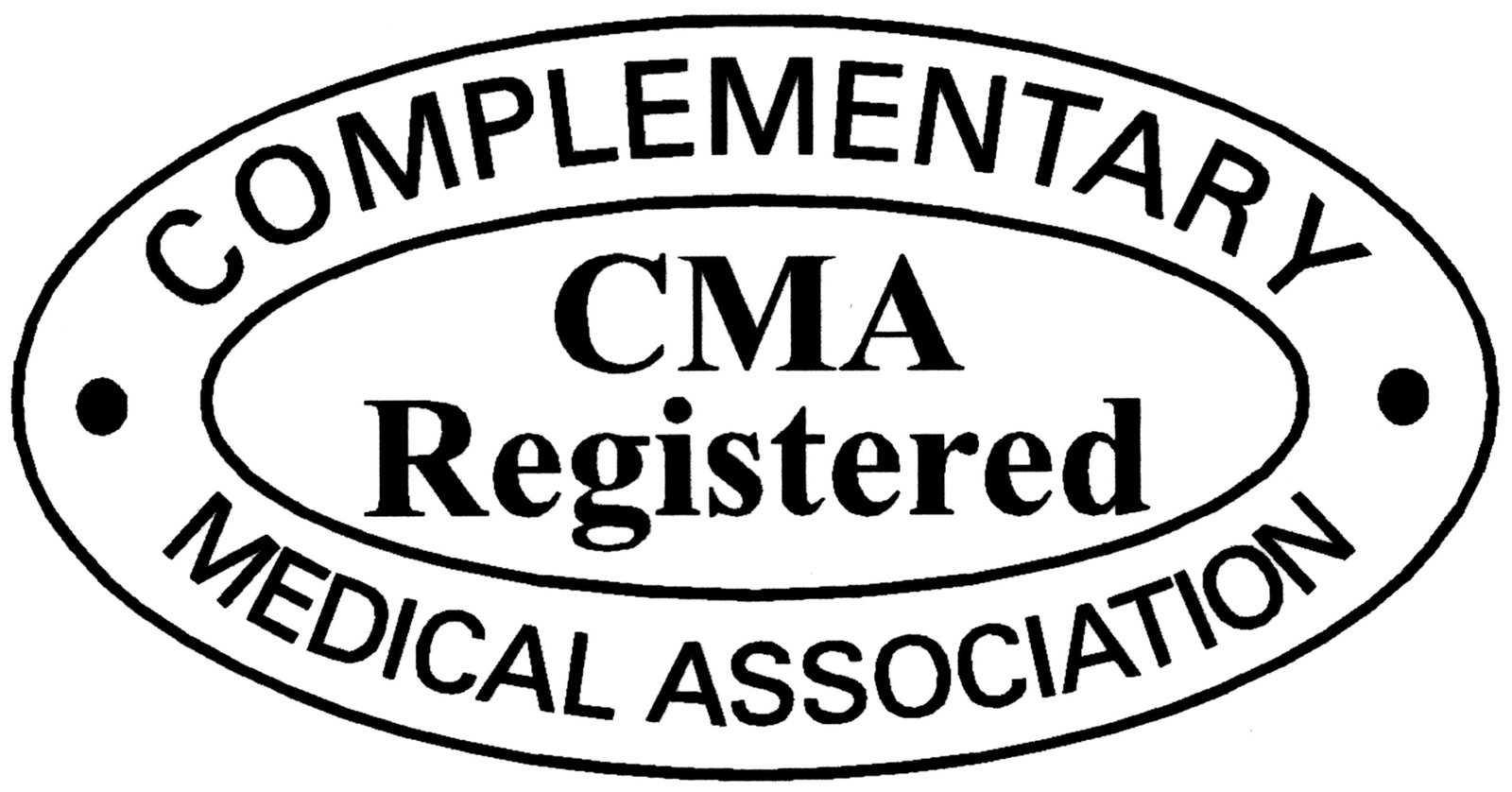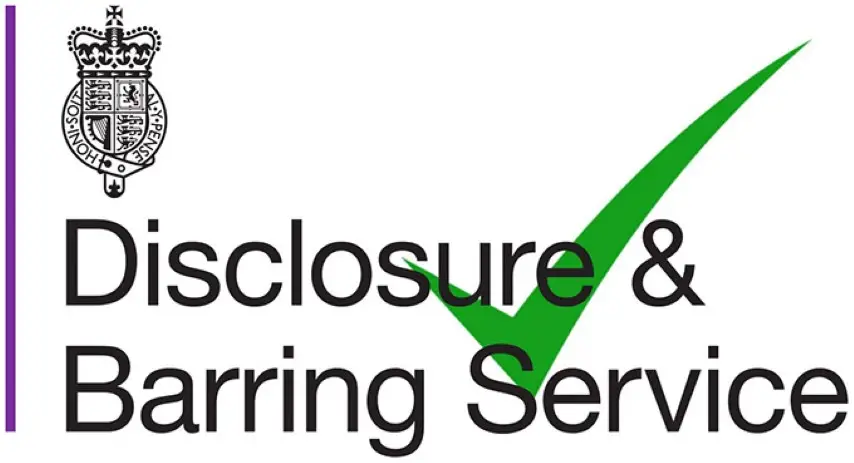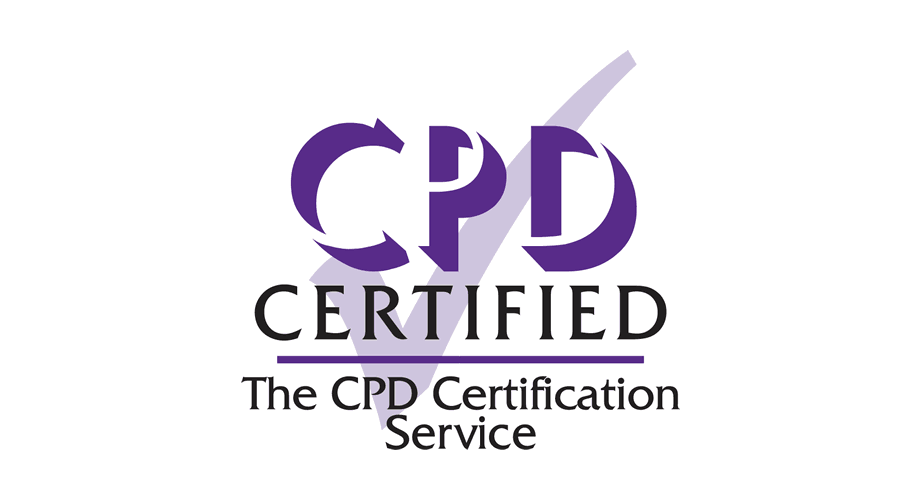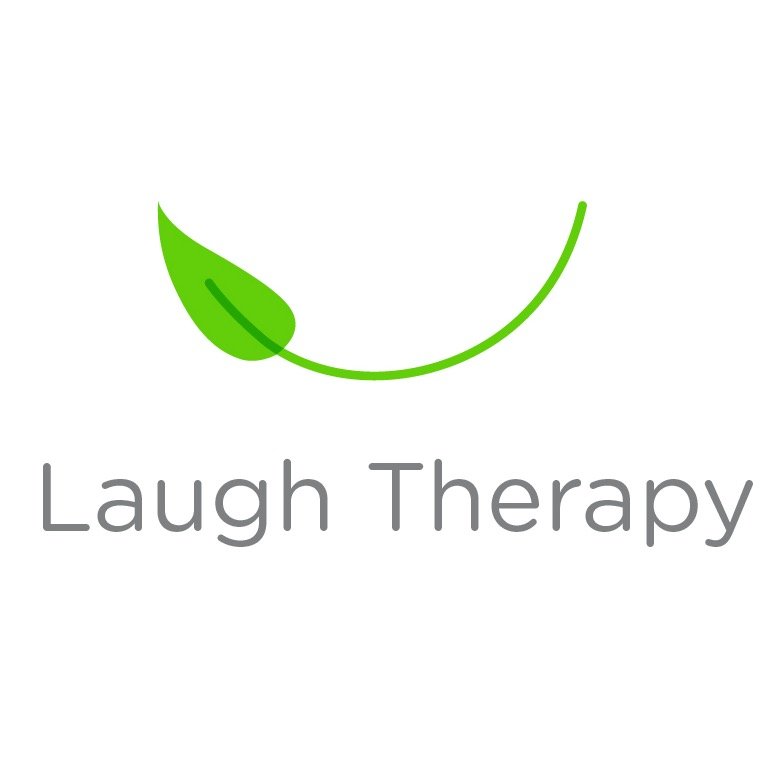The Science Behind the Laugh.
Welcome to the Laugh Therapy research archive. Our work is not just about having fun; it’s a practice built on a solid foundation of neuroscience, psychology, and therapeutic wisdom. As gelotologists, we study the profound impact of humor, laughter, and play on the human experience. Here, you’ll find a library of scientific studies, research papers, and key data that demonstrate the credibility and transformative power of what we do. Our goal is to show you that a joyful, connected culture is not a luxury—it’s a measurable pathway to improved wellbeing, productivity, and success.
Key Milestones in Laughter
The Evolution of Gelotology
Laughter is an ancient human behavior, but the scientific study of its benefits is a modern field. Gelotology, from the Greek word ‘gelos’ (laughter), is the scientific study of humour and laughter and its effects on mind and body. Gelotology has evolved significantly over the last century, proving that a little joy can be a powerful therapeutic tool.
July 1905
The Birth of a New Idea:
Sigmund Freud's book, Jokes and Their Relation to the Unconscious, published in Germany, was one of the first major works to explore the psychological functions of humour and laughter. While many of his theories have since been updated, Freud laid the foundational groundwork for the serious study of humour.
March 1964
Introducing Gelotology:
American psychiatrist William F. Fry, often called the "Father of Gelotology," officially coined the term as the "study of humour and laughter and its effects on the body." His pioneering work in the 1960s and '70s established a scientific basis for the physiological benefits of laughter, including its effects on heart rate, blood pressure, and oxygen saturation.
August 1979
Groundbreaking Memoir:
The publication of Norman Cousins' memoir, Anatomy of an Illness, brought the concept of laughter therapy into the mainstream. Cousins, a journalist who had been diagnosed with a serious illness, claimed he helped manage his pain and improve his health by through humour. His story, though anecdotal, inspired numerous medical studies into the therapeutic potential of laughter.
October 1999
The Antidepressant Effect:
A study published in the Journal of the American Medical Association explored the impact of laughter on depression. The findings revealed that laughter could significantly improve mood and reduce symptoms of depression in a clinical setting, further solidifying its role as a valid therapeutic intervention. This inspires our creative health work with Comedy-on-Prescription led by Craic Health and supported by Dr Simon Opher MP.
September 2017
Laugh Therapy Was Born:
The concept for Laugh Therapy was born from lived experience, scientific research and professional practice. The idea was to go beyond traditional feigned laughter exercises and create a methodology that uses the scientific principles of happiness, humour, play, and social connection, combined with various therapeutic practices and age-old wisdom from across the globe, to drive real-world results in schools, workplaces, healthcare and communities.

Laughter is the Best Medicine
The Physiological Impact of Laughter
Laughter is far more than a moment of joy — it’s a full-body experience that activates multiple systems and delivers measurable health benefits. From cardiovascular function to immune response, laughter is a natural, accessible tool for physical wellbeing.
🧘 Relaxation and Stress Relief
A hearty laugh instantly relaxes the body, reducing physical tension and stress. It lowers levels of cortisol and epinephrine — the body’s primary stress hormones — and increases oxygen intake, leaving you feeling refreshed and alert. Like Laughter Yoga, Laugh Therapy sessions dilate blood vessels and improve blood flow to muscles, promoting deep relaxation throughout the body.
💊 Natural Pain Relief
Laughter triggers the release of endorphins — the body’s natural painkillers — which help reduce discomfort from conditions like arthritis, muscular spasms, and migraines. Many participants report a noticeable decrease in pain intensity and frequency after regular laughter sessions.
🌬️ Respiratory Health
Laughter increases lung capacity and oxygen levels in the blood, making it an effective exercise for those with asthma or bronchitis. It helps clear mucus from the respiratory tract and boosts antibodies in mucous membranes, reducing the frequency of chest infections. Stress is a known trigger for asthma attacks, and laughter’s stress-reducing effects can improve overall respiratory resilience.
🛡️ Immune System Boost
Negative emotions like anxiety and depression suppress immune function. Laughter reverses this by increasing the count of natural killer cells and Immunoglobulin A — key defenders against viruses, bacteria, and inflammation. Those participating in laughter-based activities have reported fewer colds, sore throats, and infections, reinforcing its role in immune health.
❤️ Heart Health
Laughter improves blood circulation and oxygen supply to the heart, reducing the risk of clot formation and cardiovascular disease. A 10-minute laughter session can lower blood pressure by 10–20 mmHg. While it may not replace medication entirely, regular laughter therapy has been shown to reduce dosage requirements in borderline hypertension cases.
🔥 Burns Calories and Tones Muscles
Laughing for 10–15 minutes a day can burn around 40 calories — enough to lose 3–4 pounds over a year. It tones abdominal muscles through rhythmic contraction and relaxation, and even facial muscles benefit from increased blood flow and expression training. Laughter is often described as “aerobic exercise without the sweat.”
🩸 Regulates Blood Sugar
Dr. Takashi Hayashi’s research in Japan found that laughter significantly lowered glucose levels in both healthy individuals and those with diabetes after a 40-minute comedy show. Further studies revealed that laughter reduced renin levels — a hormone linked to diabetic complications — by two-thirds in trial participants. In 50% of cases, renin levels returned to the normal range and remained stable for six months.
😴 Improves Sleep Quality
Laughter boosts melatonin, the hormone responsible for regulating sleep cycles. Japanese researchers found that participants who watched a humorous film experienced deeper, more restful sleep than those who watched weather forecasts. Dr. Norman Cousins, a political journalist and peace activist, famously used laughter to treat a degenerative spinal condition. His self-prescribed regimen — 15 minutes of laughter for 2 hours of pain-free sleep — became the foundation for decades of laughter research.
🍽️ Enhances Appetite
Dr. Lee Berk’s study at Loma Linda University measured levels of leptin and ghrelin — hormones that regulate appetite — in response to laughter. Participants exposed to mirth showed decreased leptin and increased ghrelin, mimicking the effects of physical exercise. This finding is particularly valuable for individuals unable to exercise due to age, disability, or chronic illness, and for those with suppressed appetite due to medication or mental health conditions.
😊 Facial Fitness
Laughter tones facial muscles, improves expressions, and increases blood flow to the skin — giving a healthy glow and helping delay wrinkles. It’s a natural facelift that boosts confidence and emotional expressiveness.
🧠 Conclusion
Laughter therapy improves physical wellbeing through a cascade of physiological mechanisms — from hormone regulation and immune activation to cardiovascular and respiratory enhancement. In a world where stress is constant and chronic illness is rising, laughter offers a joyful, evidence-based intervention that builds resilience, strengthens the body, and restores vitality.
As Norman Cousins once said, “The human body experiences a powerful gravitational pull in the direction of hope.” Laughter is one of the most powerful forces pulling us there.
"Laughter improves circulation because it elevates the heart rate and blood pressure. A day's worth of hearty laughter, is about equal to 10 minutes on a rowing machine."
Prof. William F Fry Jr
"It is conceivable that laughing may be important to maintain a healthy endothelium, and reduce the risk of cardiovascular disease."
Dr. Michael Miller
The ROI of Laughter in Schools and the Workplace
The Power of Laughter in Numbers
Why Laughter Matters for Wellbeing
Did you know that laughter can reduce stress hormones by 39%? Funny moments refresh your mind and ease your worries.
Unlocking Creativity Through Joy
Organisations that prioritise laughter and play report a 20% increase in employee creativity and innovation. Joy boosts productivity!
Enhancing Connections Through Humour
The Healing Effects of Laughter

Embrace the Power of Laughter
The Psychological Impact of Laughter
Is Laughter good for our mind and can laughing improve our mental health?
Laughter is a universal language — instinctive, contagious, and deeply therapeutic. It’s not just a social nicety; it’s a powerful psychological tool that boosts mood, sharpens cognition, and builds emotional resilience.
🌿 Natural Remedy for the Mind
Laughter is a side-effect-free antidote to stress, anxiety, and low mood. As Dr. Sven Svebak describes, it’s an “affective display elicited by the experience of joy, excitement, and the perception of humor.” It’s written into our genetic code — accessible anywhere, anytime — and unlike medication, you can’t overdose.
🌞 Promotes a Positive Emotional Climate
Positive psychology shows that laughter helps shift focus away from negative emotions, making problems feel less overwhelming. It fosters optimism, resilience, and calm decision-making — especially during hardship or stress. Laughter helps us reframe challenges and navigate life with greater emotional flexibility.
💊 Improves Mental Health
Laughter triggers the release of serotonin and endorphins — the brain’s natural mood enhancers and painkillers. These chemicals reduce anxiety, tension, and fear, while promoting feelings of joy and connection. A 2011 Oxford University study found that sustained laughter increased pain thresholds by 10%. It also helps release inhibitions and ease social anxiety, creating safer emotional spaces.
⚡ Enhances Mental Function
Humour and laughter improve memory, alertness, problem-solving, and creativity. Dr. Lee Berk’s research showed that watching 10-minute funny videos increased gamma wave activity — linked to cognitive processing and brain health. Laughter also reduces cortisol, which can damage neurons in the hippocampus (a key area for learning and memory).
In a study involving healthy and diabetic older adults, humorous video exposure improved:
Learning by 38.5%
Delayed recall by 48.1%
Visual recognition by 16.7%
🔗 Strengthens the Mind-Body Connection
Laughter activates the limbic system — the brain’s emotional centre — including the hippocampus, amygdala, and hypothalamus. These regions regulate memory, emotional processing, and stress response. Psychoneuroimmunology research shows that positive emotions improve immune function and overall health.
Even simulated laughter has benefits. A Georgia State University study found that incorporating fake laughter into exercise improved aerobic performance and mental wellbeing in older adults. Simulated laughter often triggers genuine laughter — proving that even “pretend” joy can lead to real psychological gains.
😊 Creates a Positive Emotional Climate
Laughter fosters emotional connection, openness, and group cohesion. It helps people feel relaxed and safe, which is essential for building trust and resilience. In shared environments — whether classrooms, workplaces, or care settings — laughter enhances cooperation and reduces emotional tension. It’s a catalyst for optimism and a buffer against burnout.
🔄 Laughter Is Contagious — and Transformative
🧩 Conclusion
Laughter is more than entertainment — it’s a therapeutic force that improves mental wellbeing, enhances brain function, and builds emotional resilience. Whether spontaneous or simulated, it’s a simple, powerful way to feel better, think clearer, and live happier.
"The person who has a sense of humour is not just more relaxed in the face of a potentially stressful situation, but is more flexible in his approach."
Dr John Morreall
"The effect of laughter upon the mind not only brings relaxation with it, so far as mental tension is concerned, but makes it also less prone to dreads and less solicitous about the future. The favourable effect on the mind influences various functions of the body and makes them healthier than would otherwise be the case."
James Walsh, American physician
"Love and laughter are the ultimate combination for healing and happiness"
Dr. Hunter 'Patch' Adams

Laughing Together
The Social and Emotional Impact of Laughter
Laughter is more than a reaction — it’s a relational force that strengthens bonds, lifts spirits, and transforms how we connect with others. As Pablo Neruda once said, “Laughter is the language of the soul.” It transcends culture, age, and circumstance, offering a universal pathway to emotional wellbeing and social connection.
🤝 Builds Connection & Trust
Laughter is a powerful social glue. Shared laughter fosters intimacy, signals romantic interest, and strengthens relationships. In group settings, it enhances cooperation, breaks down barriers, and builds trust — even among people who might not otherwise interact. Whether during celebration or conflict, laughter can defuse tension and fix emotional rifts.
🌍 A Universal Social Cue
Across cultures, laughter is recognised as a signal of goodwill, joy, and emotional safety. It’s 30 times more likely to occur in social settings than alone, underscoring its role as a communicative tool rather than a solitary act. TV sitcoms use laugh tracks for a reason — laughter is contagious, and hearing it primes us to join in.
🧠 Enhances Emotional Resilience
Laughter helps us reframe challenges and navigate difficult emotions. It lowers defenses, reduces fear, and promotes optimism. In moments of stress or sadness, laughter can offer relief, perspective, and a renewed sense of hope. It’s a non-pharmacological way to regulate mood and build emotional strength.
🧬 Supports Neurochemical Balance
Laughter triggers the release of serotonin — a key hormone in regulating mood and calmness. In a study on women with chronic depression, those with the lowest serotonin levels showed the greatest increase after laughter therapy sessions.
🧩 A Tool for Social Development
Laughter has been studied in neurodiverse populations, including individuals with autism spectrum conditions. Researchers suggest that structured laughter programmes can help develop social strategies, improve emotional expression, and foster more comfortable interactions. It’s a gentle, inclusive way to build social confidence.
😄 A Complementary Therapy for Mood Disorders
Laughter therapy is increasingly recognised as a supportive treatment for depression and anxiety. It helps reduce negative cognitive responses, improve problem-solving, and restore a sense of wellbeing. Studies show that even forced laughter can lead to genuine emotional uplift — making it one of the most accessible and effective stress-relief tools available.
🔄 Emotional Release & Regulation
Laughter provides a safe outlet for emotional release — especially in professions or environments where feelings are often suppressed. It helps regulate emotional responses, defuse conflict, and foster empathy. In therapeutic settings, laughter can be as cathartic as crying, but with a more uplifting aftermath.
🔗 Strengthens Group Dynamics
In workplaces, classrooms, and care settings, laughter improves morale, enhances communication, and builds team cohesion. It encourages cross-departmental interaction, breaks down hierarchical barriers, and creates a more inclusive, collaborative culture.
🛡️ Resilience in High-Stress Professions
In fields like healthcare, education, and social care, laughter is a vital coping mechanism. It helps professionals manage emotional distance, burnout, and perspective. Laughter-based workshops have shown measurable improvements in team morale, retention, and wellbeing.
🧘♀️ Trauma Recovery & Emotional Healing
Laughter can play a role in trauma recovery, offering emotional release and restoring a sense of safety. It helps rebuild trust, reduce hypervigilance, and reconnect individuals with joy. In therapeutic environments, it is used to gently reintroduce positive emotions, fostering healing.
🧑🤝🧑 Fosters Inclusivity & Belonging
Laughter is a leveller — it transcends hierarchy and status, creating shared experiences that foster inclusivity. In diverse groups, laughter helps build bridges, reduce social anxiety, and promote a sense of belonging. A simple yet profound way to unite people across differences.
👵 Supports Elderly Wellbeing
For older adults, laughter enhances social interaction, reduces feelings of isolation, and improves cognitive function. It’s especially valuable in care homes and community settings, where it fosters connection and joy. Laughter therapy has been shown to improve mood, memory, and overall quality of life in elderly populations.
🧒 Empowers Children with Special Needs
Laughter helps children with special needs express emotions, build social skills, and reduce anxiety. It creates a safe, playful environment where engagement and learning flourish. Structured laughter sessions can support emotional regulation and boost confidence in both educational and therapeutic settings.
💬 Encourages Communication in Isolated Individuals
For those experiencing social isolation — whether due to illness, disability, or circumstance — laughter offers a bridge back to connection. It reduces loneliness, encourages interaction, and helps rebuild social confidence. Even virtual laughter sessions can spark meaningful engagement and emotional uplift.
🌟 Conclusion
Laughter is a universal language — one that connects, heals, and uplifts. Whether shared with friends, watching a show, or simulated in a workshop, laughter offers profound emotional and social benefits. It’s not just a moment of joy — it’s a method for living better, together.
"I never would have made it if I could not have laughed. It lifted me momentarily out of this horrible situation, just enough to make it liveable."
Viktor Frankl (Austrian neurologist and psychiatrist...and holocaust survivor)
The Joy of Laughter
Discover the Healing Power of Laughter
Laughter is more than just a simple act; it’s a proven pathway to greater health and happiness. Embracing humour enriches our lives and strengthens our connections. This is a space where joy ignites transformation, fostering resilience through laughter. Dive into insights that empower you to cultivate positivity and embrace the playful spirit within.
"Laughter is a powerful remedy, a bridge to healing that uplifts our spirits. When we laugh, we connect more deeply with ourselves and others, finding strength in joy even during challenging times."
Jane Smith

Discover the Joy of Laugh Therapy
Welcome to the Laugh Therapy research archive. Our work is not just about having fun; it’s a practice built on a solid foundation of neuroscience, psychology, and therapeutic wisdom. As gelotologists, we study the profound impact of humour, laughter, and play on the human experience. Here, you’ll find a library of scientific studies, research papers, and key data that demonstrate the credibility and transformative power of what we do. Our goal is to show you that a joyful, connected culture is not a luxury – it’s a measurable pathway to improved wellbeing, productivity, and success.
Discover the Joy of Laugh Therapy
Explore various laughter therapy techniques designed to uplift your spirit and enhance well-being. These practices incorporate play, humor, and a sense of connection, all of which have been proven to boost mental health and create a positive environment. Learn how laughter can transform your day and find new ways to engage with life through this joyful approach.

Ready to Bring Joy to Your Organization?
